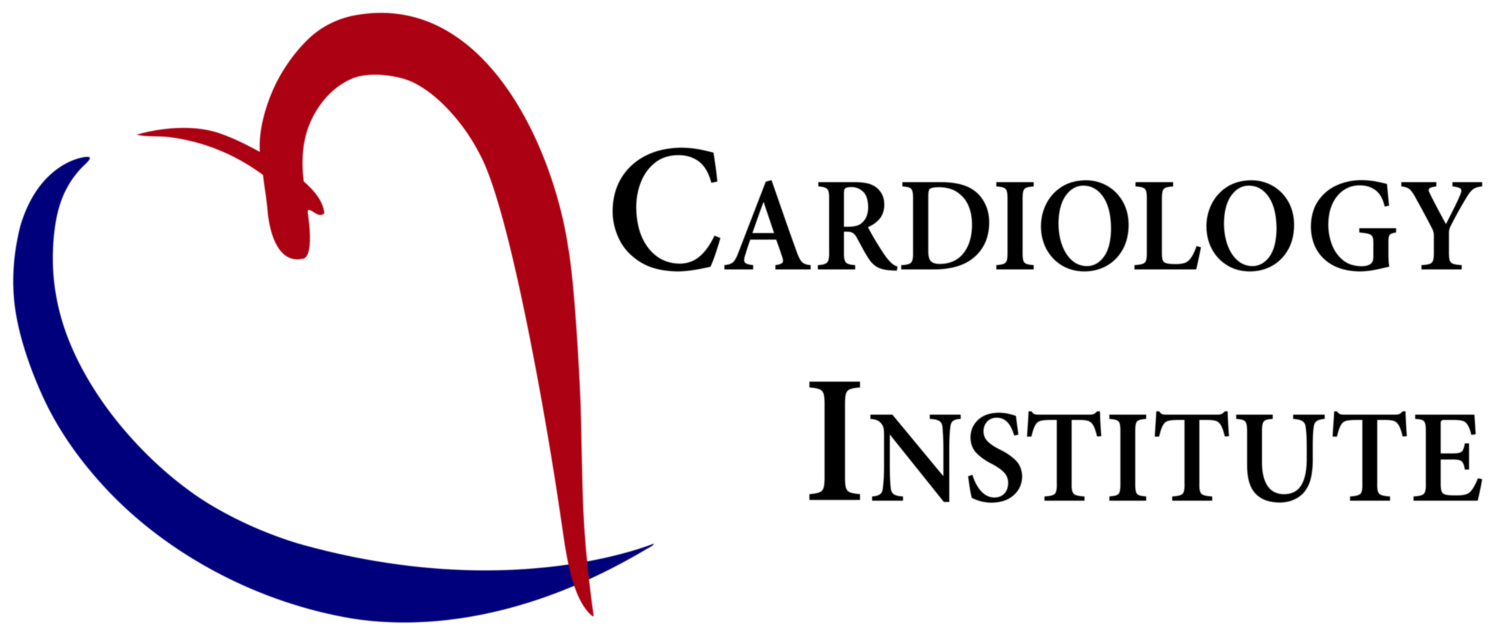There has been much controversy in the field of aspirin use for primary prevention. Note, these are not patients who have had a cardiovascular events.
Early observations
Early trials of aspirin use in primary prevention initially showed benefit for large populations of patients.
Physicians Health Study - reduction in MI risk
Women’s Health Study - reduction in stroke risk, but no reduction in major cardiovascular disease
But?… these newer observations…
Early trials of primary prevention aspirin use did find small absolute increases in major bleeding risk.
Cardiovascular preventive efforts have improved CVD risk. This include use of statin medications and antihypertensive medications along with reductions in tobacco use. There may be less opportunity for primary prevention aspirin to demonstrate benefit given better risk factor control.
This shifts the balance of risk and benefits.
The trials
ASPREE (healthy >=65y) - use of low-dose daily aspirin = increased risk for mortality (5.9% vs. 5.2% for placebo at median 4.7 years) and cancer mortality (3.1% vs. 2.3%); similar rates of major bleeding (0.3% in both groups)
ASCEND (diabetics) - use of low-dose daily aspirin = reduced the risk of CVD events (8.5% vs. 9.6%, mean 7.4 years of follow-up) but was offset by increased major bleeding risk (4.1% vs. 3.2%)
ARRIVE (middle-aged and older adults at intermediate risk for atherosclerotic cardiovascular disease without diabetes) - nonsignificant reduction in ASCVD events (4.29% vs. 4.48%, median 5 years of follow-up) but a doubling of gastrointestinal bleeding (0.97% vs. 0.46%)
TIPS-3 (elevated risk for ASCVD; aspirin or placebo in addition of polypill (statin + HT)) - significant reduction in CVD events (4.1% vs. 5.8% over mean 4.6 years) among patients randomized to receive aspirin
The recommendations
ACC/AHA 2019
class III (harm) for primary prevention in patients aged ≥70 years
class IIb in patients aged 40-70 years with a focus on individual decision making
USPSTF 2021-2022
individual decision making for patients aged 40-59 years at increased risk of CVD and
discourages use for patients aged ≥60 years
Our take
Aspirin therapy for primary prevention requires individual tailoring.
It may offer benefit some , while the risk–benefit ratio may not be favorable for others.
Risk profile appears to be worse in the older population.

